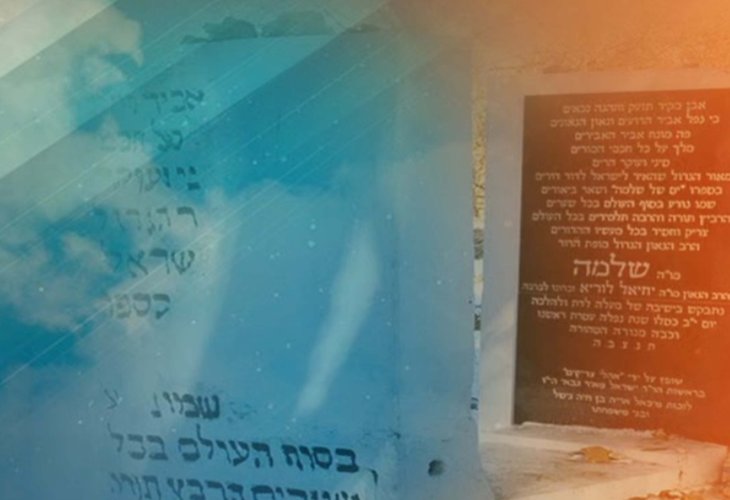Personal Stories
What Did Rabbi Shlomo Luria Say About Calling Your Parents by Name?
A timeless teaching from one of the great sages of the Ashkenazi tradition, reminding us of the deep respect we owe our parents.

Rabbi Shlomo Luria, known as the Maharshal, lived 450 years ago in Poland during the time of the Shulchan Aruch and the Rema. A leading halachic authority and Talmudic commentator, he became a central figure in Ashkenazi Torah life.
Orphaned at a young age, he was raised by his grandfather, Rabbi Yitzchak Klober, from whom he studied Torah for seven years. In honor of his grandfather, he often signed his name as “Sar Yitzchak”—Solomon, son of Yitzchak. Rabbi Luria was known for his humility, respect for tradition, and unwavering commitment to Torah truth.
Honoring Our Parents
The Torah commands: “Every man shall fear his mother and his father” (Vayikra 19:3). One of the expressions of this mitzvah is to avoid calling parents by their first names, as we would a peer. Instead, we are taught to refer to them with respectful titles such as “my father” or “my mother”—even when speaking about them to others.
Among Sephardic communities, it is permitted to say, for example, “My father Moshe said…” as long as the phrase “my father” is included, maintaining the honor. However, Rabbi Shlomo Luria, in his work Yam Shel Shlomo, ruled that in Ashkenazi communities, the custom is not to mention a father’s name at all—even with a title—out of concern it may lessen his honor.
Though it may seem like a small detail, this practice reflects a deeper Torah perspective: that honoring one’s parents elevates not only them, but also the person who gives that honor. It brings blessing into the home and strengthens one’s bond with Hashem.
Despite his greatness in Torah, Rabbi Luria remained deeply humble. In fact, he would appoint someone to point out his flaws each day—so he would never grow proud. At the same time, when it came to matters of halachah and Torah truth, he stood firmly, even respectfully disagreeing with the greatest sages when he believed the truth demanded it.
Washing Hands Before Bread
Rabbi Luria also addressed the laws of netilat yadayim—washing hands before eating bread. This mitzvah is about more than cleanliness; it prepares us spiritually to receive physical nourishment.
If one plans to eat more than the volume of an egg (k’beitza) of bread—about two slices—they recite the blessing: “Blessed are You… Who sanctified us with His commandments and commanded us concerning the washing of hands.” This mitzvah, according to our sages, carries a unique segulah for prosperity. The Hebrew letters of al netilat yadayim can be rearranged to form ani—“poor,” hinting that proper washing may help remove poverty.
If someone touches a covered part of their body during a meal, especially if it's moist, they should wash again before continuing to eat. However, Rabbi Shlomo Luria ruled that if one eats more bread later during the same meal, they do not recite a second blessing. This is the ruling brought in Yalkut Yosef as well.
Similarly, if someone uses the restroom for a minor need during a meal, they should wash again without a blessing. If they relieve themselves fully, they wash again with a blessing, but do not repeat Hamotzi.
Rabbi Shlomo Luria’s legacy continues to illuminate the path of Torah with clarity, humility, and deep respect for every mitzvah. In both the great principles and the smallest halachic details, he taught that every moment is an opportunity to connect to our Creator with awe and love.

